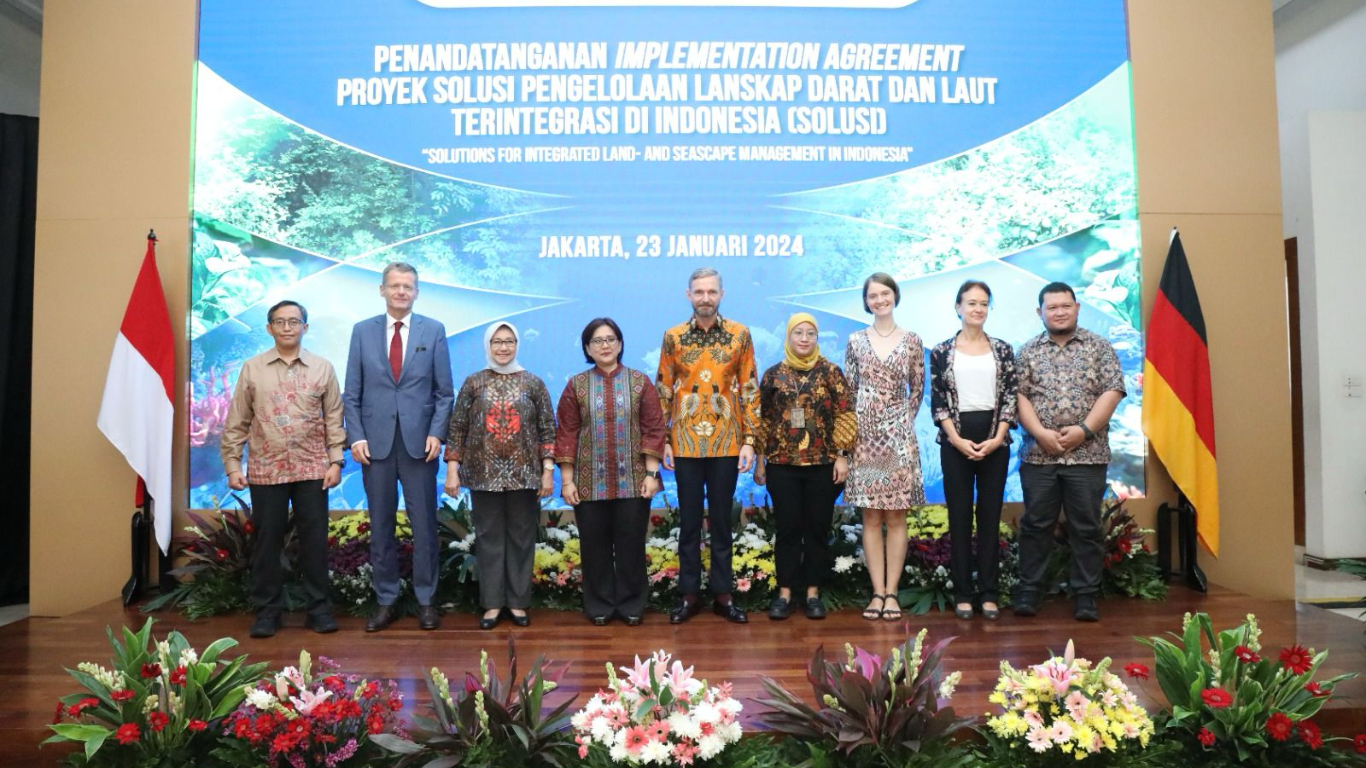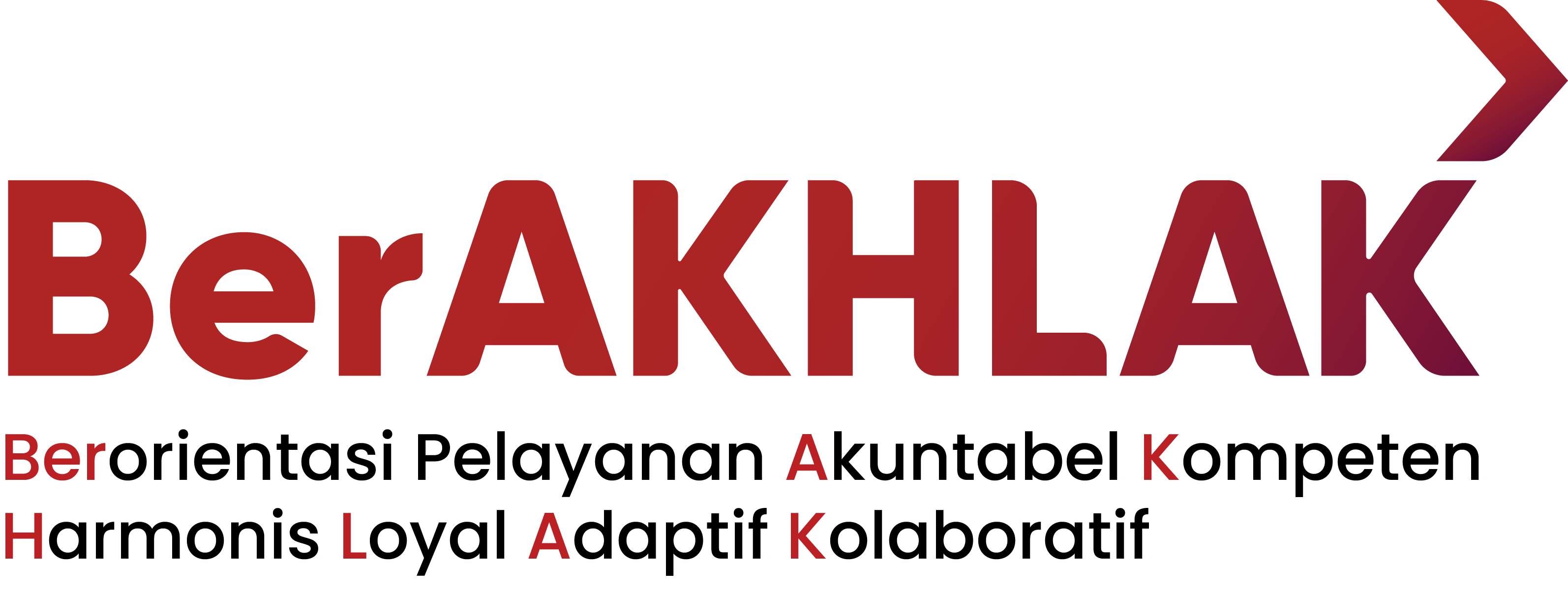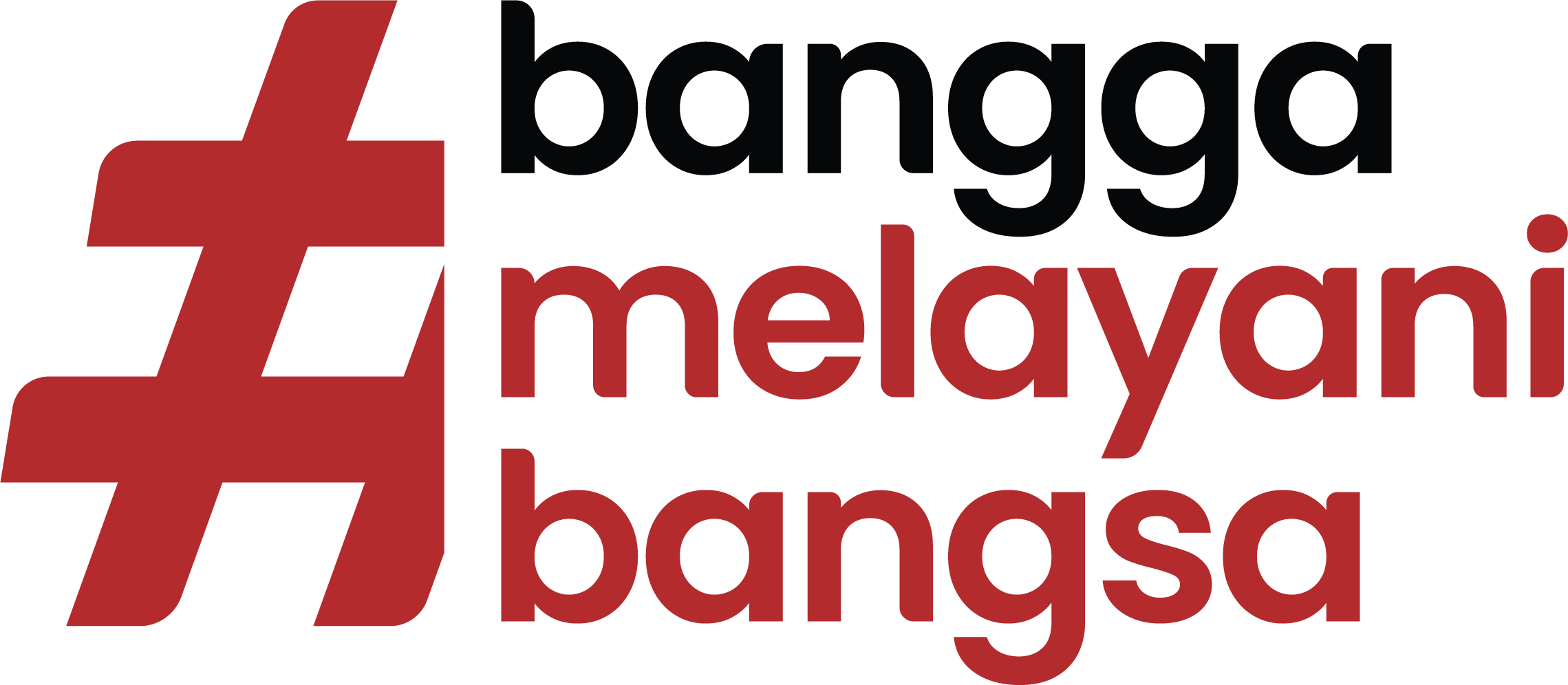Indonesia & Germany Forges Partnership on Green Economy Development
Partnership News - Tue, 23 January 2024

JAKARTA – The Ministry of National Development Planning/Bappenas, along with the Ministry of Environment, Conservation of Nature, Nuclear Safety, and Consumer Protection of the Federal Republic of Germany, signed the Integrated Land and Sea Landscape Management Solution in Indonesia (SOLUSI) agreement, which is a strategic program aimed at reducing land and sea degradation in Indonesia in Central Java, the Bangka Belitung Islands, and Central Sulawesi as pilot areas.
As one of the strategies for implementing a green economy, SOLUSI will contribute to maintaining environmental sustainability in Indonesia by enhancing ecosystem resilience and creating climate-resilient livelihoods.
The Ministry of National Development Planning/Bappenas’ Chief Secretary Teni Widuriyanti outlined the urgency of SOLUSI in achieving sustainable development for Indonesia. With a ridge to reef approach, SOLUSI ensures the ecological integrity of a specific area through the improvement of biological, social, and economic management aspects.
"This integrates the implementation of green and blue economies, involving biodiversity, low-carbon development, climate resilience, environmental capacity, and sustainable development," explained Secretary Teni at the Bappenas Building, Menteng, on Tuesday (23/1).
Indonesia is a highly biodiverse country with significant natural resources. One of the main challenges faced by the country is the degradation of land and sea areas, as well as climate change, thus making integrated management for sustainable development a priority. The integration of land and sea management and cross-sectoral approaches include addressing partial land and sea landscapes with Spatial Planning and Coastal and Small Islands Zoning Plans.
SOLUSI plans to provide support to all sectors, including the central government, regions, and local stakeholders. This program will enhance spatial and development plans, introduce sustainable business models, develop ecotourism, and manage integrated waste at ecotourism locations. Additionally, SOLUSI will act as a catalyst for managing sustainable terrestrial and aquatic systems.
"SOLUSI, as its name suggests, must be part of the solution, aligning with the upcoming 2025-2029 National Medium-Term Plan (RPJMN). Therefore, collaboration with all stakeholders, including ministries, regional governments, and development partners, is a necessity. Together, we can achieve the goals of our Golden Indonesia 2045 Vision," concluded Teni.


